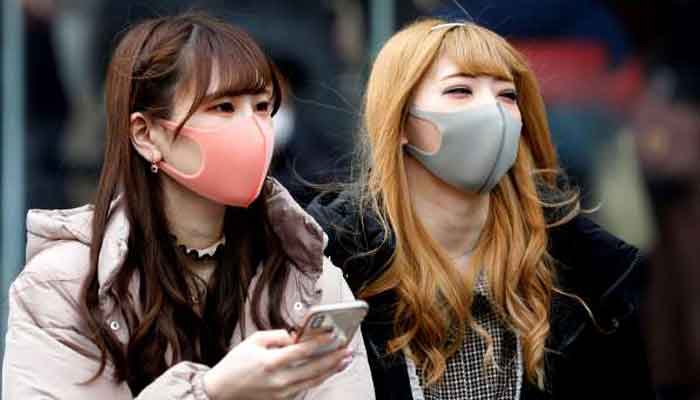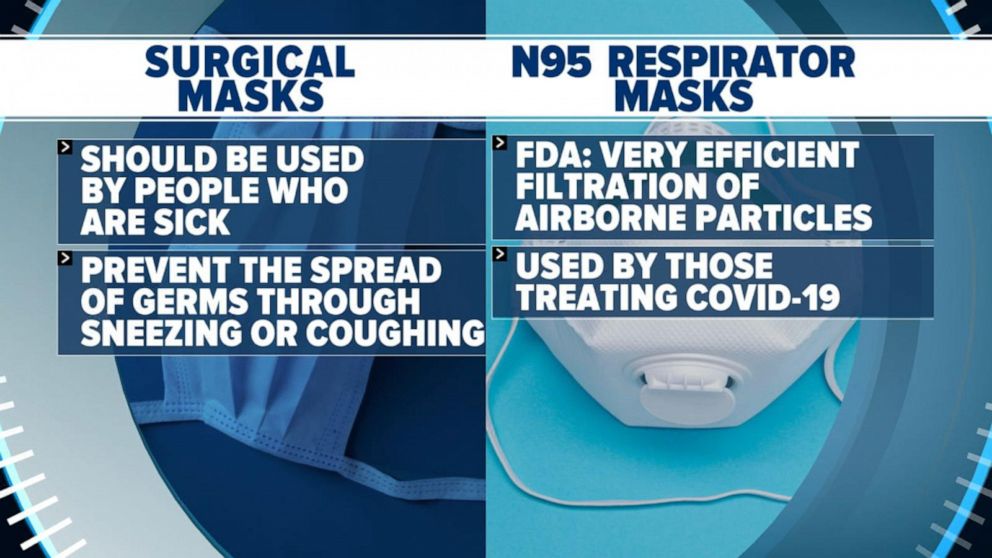“Seriously people – STOP BUYING MASKS! They are NOT effective in preventing general public from catching #Coronavirus, but if healthcare providers can’t get them (COVID-19) to care for sick patients, it puts them and our communities at risk!” U.S. Surgeon General Dr. Jerome Adams
- Firstly, the N95 mask is mainly for use if you already have the virus to keep it from spreading and
- Secondly, coronavirus is smaller than the 0.3-micron filter rating of the mask and thus, not that helpful, for people outside of healthcare.
In fact, the U.S. Surgeon General wants consumers to stop buying masks so that they are available for patients.
Health care workers and those “taking care of someone infected with COVID-19 in close settings (at home or in a healthcare facility),” should also wear face masks, the CDC reported.
The best way to avoid getting the coronavirus is to,

- First and foremost, postpone any travel to places with known outbreaks.
- Thoroughly wash your hands with soap and water for at least 20 seconds, especially after going to the bathroom; before eating; and after blowing your nose, coughing, or sneezing.
- Avoid touching your eyes, nose and mouth with unwashed hands
- Avoid close contact with people who are sick; and
- Disinfect frequently touched objects and surfaces
- Cover your cough or sneeze with a tissue, then throw the tissue in the trash.
- Clean and disinfect frequently touched objects and surfaces using a regular household cleaning spray or wipe.
Follow CDC’s recommendations for using a facemask.

- CDC does not recommend that people who are well wear a facemask to protect themselves from respiratory diseases, including COVID-19.
- Facemasks should be used by people who show symptoms of COVID-19 to help prevent the spread of the disease to others. The use of facemasks is also crucial for health workers and people who are taking care of someone in close settings (at home or in a health care facility).
- Wash your hands often with soap and water for at least 20 seconds, especially after going to the bathroom; before eating; and after blowing your nose, coughing, or sneezing.
- If soap and water are not readily available, use an alcohol-based hand sanitizer with at least 60% alcohol. Always wash hands with soap and water if hands are visibly dirty.
Protect yourself and your community from getting and spreading respiratory illnesses like coronavirus disease 2019. Everyone has a role to play in getting ready and staying healthy.
